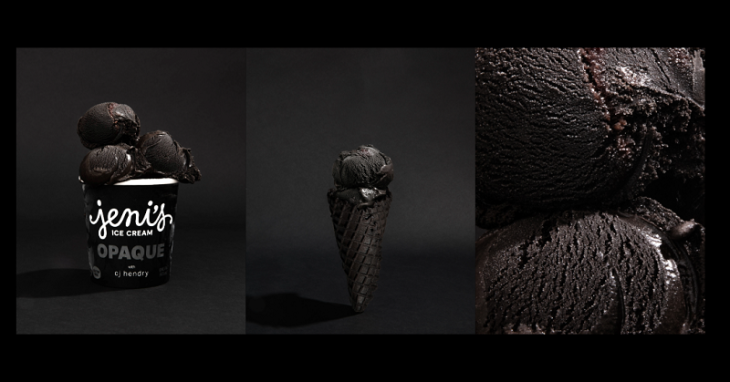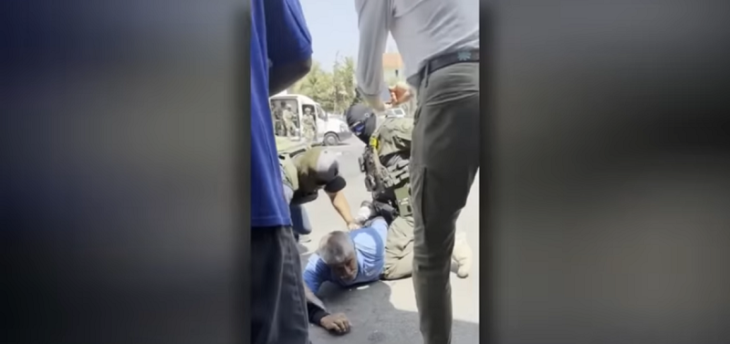Animal welfare groups seeking to change laws governing the treatment of runaway and stray animals in county-run shelters are focusing on a code change that allows an animal to be euthanized for rabies testing.
“A primary concern is the addition of wording which means that the (Los Angeles County) Department of Animal Care and Control can now order the killing of a stray animal in less than six days, for reasons other than the animal irremediably suffering,” said Laura Jones, CEO of the nonprofit All About The Animals.
Asked to respond, DACC Director Marcia Mayeda told City News Service that public health officers have always had the authority under state law to order euthanasia of an animal.
“I can only think of one time in my 15 years here that they did this, when a dog badly attacked a person. It is extremely rare,” Mayeda said.
A rabies diagnosis of an animal requires brain tissue to be analyzed, but Jones noted that the Centers for Disease Control and Prevention suggests it may be appropriate to quarantine an animal with a low probability of rabies for 10 days instead. That could allow public health officials to rule out the disease without taking the animal’s life, she said.
The county code does call for an animal suspected of having rabies to be confined as instructed by the public health officer and the public health code covering biting animals sets out a 10-day quarantine, according to documents available on the county’s website.
Jones’ comments came a day after she and a coalition of animal rights advocates appeared before the Los Angeles County Board of Supervisors to voice their concerns.
They also told the supervisors that owners are sometimes forced to give up their animals because they cannot afford impound and boarding fees charged by the department.
The fee for a first impound for a dog or cat is $20 plus a boarding fee of $18 per day. Special handling fees may also apply.
Advocates said those numbers can add up quickly. One woman told the story of a pit bull who was euthanized while its owner was scrambling to get the cash to cover department fees.
Attorney Marla Tauscher accused the county of holding animals “for ransom” and suggested that installment payments should be allowed.
The DACC, in a statement in response to the coalition’s concerns, said impound fees may be reduced or waived in cases of hardship and that nonprofit organizations do sometimes help pet owners cover the costs, but that the department is not funded to run a long-term billing system.
The nonprofit groups have many other objections to the way county animal shelters are run and called for the repeal of laws revised last September and October. They have gathered signatures from more than 3,000 residents in support, according to Jones.
In addition to All About The Animals, appeals were made to the supervisors by representatives from the Eastwood Ranch Foundation, Animal Hope and Wellness Foundation, Santa Barbara-based Davey’s Voice and Bunny World Foundation, among others.
The DACC said the code changes made last fall expanded the forms of identification that trigger the six-day protection — adding tattoos and microchips instead of relying only on identification tags — a change department officials said they hoped would help reunite more owners with lost pets.
The law offering the six-day hold was also expanded to include all species of animals, not just dogs and cats.
Many of the speakers before the board Tuesday focused on abuses to bunnies, which they said were sold illegally and treated inhumanely by vendors in downtown’s Santee Alley.
Baby bunnies are sometimes dyed Easter egg colors, which can blind them.
“We see this problem every year at Easter time,” a Bunny World Foundation volunteer said. “People think they can dye the bunnies different colors for Easter. Bunnies are blinded … other times they’re poisoned because they groom themselves and the dye gets in them.”
The bunny advocates said the county deleted protections against cruelty to rabbits, while county officials responded that the language was dropped only because it was redundant to state law.
It is a misdemeanor to dye or artificially color live chicks, rabbits or ducklings or to hold them for sale without adequate food, water and shelter.
A chart of coalition concerns and DACC responses can be found at www.animalcare.lacounty.gov.






















